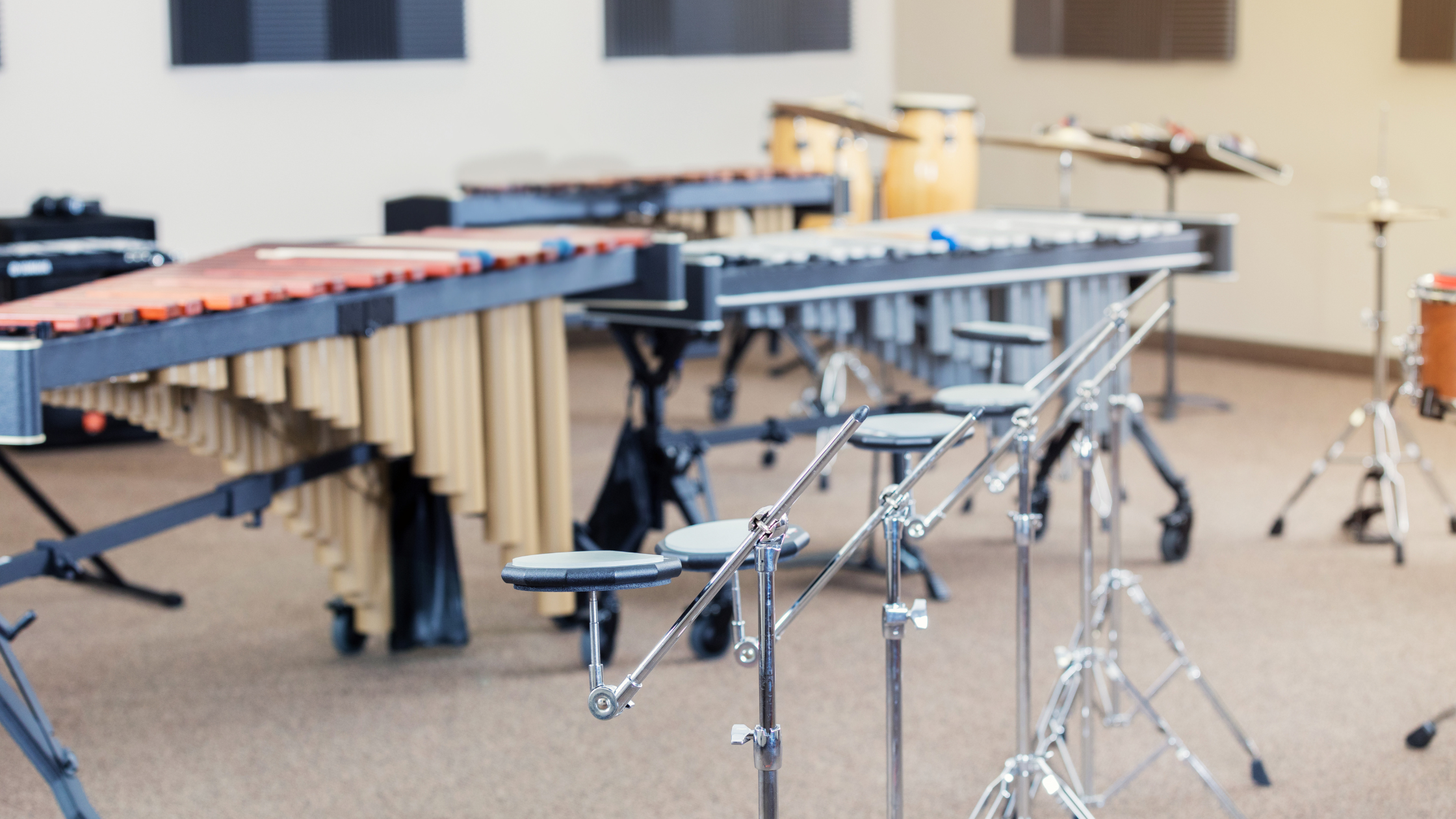

There are many who have seen the film “Taare Zameen Par”. This is a movie acclaimed for the acting prowess of actor-director Aamir Khan. The film was also talked about because it dealt with a very different topic. The film “Taare Zameen Par” is about a 7-8-year-old school-going boy Ishaan Awasthi. Ishaan is a loving child. He however has problems with his schoolwork.
He cannot read, cannot write well, and has difficulty in math. His teachers scold him. His parents think that he is naughty, lazy, and avoids studying. In spite of this, he is very creative. He can draw and paint beautifully. Neither his teachers nor parents consider the talent that the child has as important. The child becomes a loner. The boy’s parents send him to a boarding school where he meets a teacher. This teacher recognizes that Ishaan is different from the rest of the students. Ishaan has Learning Disability. The teacher, Nikumbh Sir, then teaches Ishaan the way he can learn-ie incorporating co-curricular activities like art, games and music breaks, etc. The boy then gains confidence and improves not only in academics but overall as well.
Learning disability is described as certain kinds of learning problems that can cause someone to have trouble learning or using certain skills (such as reading, writing, listening, speaking, reasoning, and doing math). Due to such academic difficulties, kids may feel insecure and frustrated when they are unable to complete the academic difficulties that have been placed before them.
They can find a method to express themselves outside of the classroom through co-curricular activities, which can help them feel successful about accomplishing something in a different way. Eventually, these students will need special guidance and support from their educators .
Education is not merely obtaining a degree or boosting the intelligence of students but also an all-around holistic development of an individual -physical, intellectual, emotional, spiritual, social, and moral development. It goes beyond only helping pupils achieve academic success or increase their intelligence. Collectively, all educational activities result in total development in all spheres. In the teaching of academic subjects, the cognitive aspects are fostered more, but the emotive and psychomotor aspects are not. Co-curricular activities and programs that take place outside of the typical classroom but in some way support academic learning from the classroom curriculum are known as co-curricular activities. Co-curricular activities aid them to enjoy and at the same time benefitting their growth.
Music is a universal language. According to research, those who study music typically have better executive functioning abilities. Learning music can help children with dyslexia better understand speech sounds because it is an enjoyable and calm approach to listening to and creating changes in sound. The child's reading abilities and phonemic awareness can be enhanced by actively reinforcing the sound-word link they assist them in consciously making (Kelly, 2018).
The school has festivals being celebrated throughout the year, and student groups responsible for the art, and decoration activities help students in developing leadership and decision-making skills. It’s a medium for releasing stress. Allowing students to participate represents an additional means through which they can effectively express whatever it is that they find difficult to do so. Additionally, it gives them a chance to exercise their creativity and develop their creative thinking, two skills that many children with learning disabilities find difficult to develop since they think symbolically and linearly, which makes it difficult for them to come up with original ideas. Activities such as painting and colouring are often used as therapeutic measures to help children to manage their emotions. Moreover, thinking visually is a strength that many children with learning difficulties possess. Being able to express themselves with visual work rather than written work can be a confidence booster for them (Csillag, 2015).
For kids with learning difficulties, sports can provide experiences that
improve their self-
perception and metacognition. These simple games for special needs students
can incorporate self-confidence in them. They can also give children the
chance to learn skills that will benefit their academic performance, such
as enhancing mathematics skills and fostering teamwork. Dweck and Blackwell
have shown that children who develop a growth mindset are more engaged and
successful academically.
Children with learning disabilities can gain greatly from acting -academically, socially, and emotionally. These can be one of the social skills activities for autistic students. Children who read the same script several times gain reading fluency as well as improved vocabulary, accuracy, and intonation. Children can practice close reading techniques and critical analysis. Both of these are crucial for reading comprehension, talking about a script, its content, and character development. It's even adapted in the classroom as concepts learned through actions are most remembered.
To conclude Co-curricular, improve academic performance by fueling learning, stimulating creative thought, and building a passion for particular subjects. It Enhances social skills, which are important skills to build for college, career, and life in general, and provides students with a chance to build friendships. It also Can develop or help a student to find a new interest, talent, or career goal.